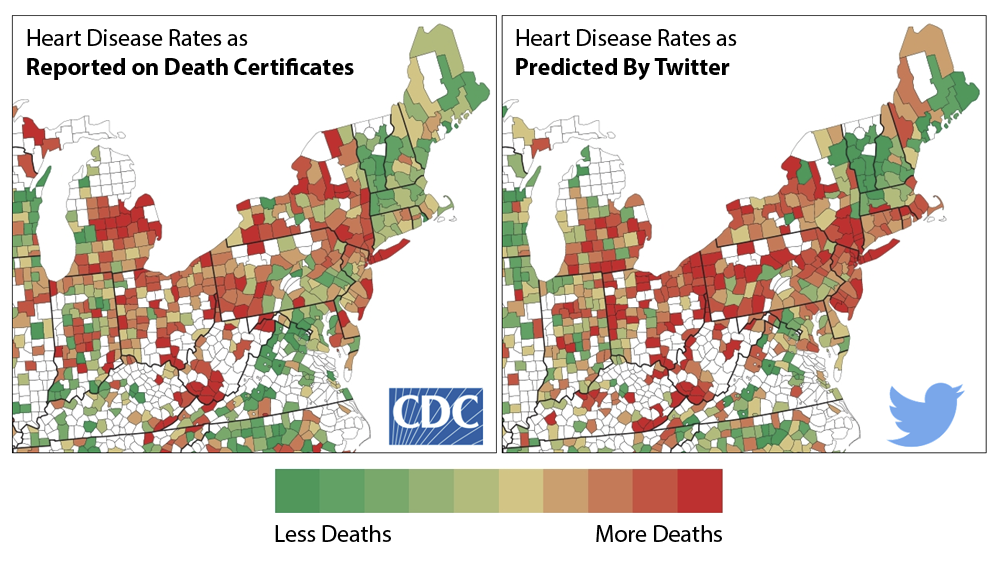Global health affects us all: when funding is scarce due to difficult economic times, the value of foreign aid and global health spending gains importance.
Every time I introduce myself as a global digital health journalist, I’m asked to clarify at least a part of my job. At dinner one evening this week, my 10-year-old daughter asked me what I mean by “global health” and how it’s different than “just plain health.”
Her question made me think: in a time when information communication technology gives us a sense of increasing interconnectedness, when multi-national companies have us crossing time zones and oceans, global health truly affects us all.
The recent Ebola outbreak brought this reality home, closing schools on American soil. This was in the back of my mind when I read the recently released results of a Kaiser Family Foundation survey of Americans’ Views on the US Role in Global Health.
Americans Favor Global Health Spending Specifically Over Foreign Aid
Most Americans overestimate US spending on foreign aid. While actual spending is about 1% or less of the federal budget, Americans think foreign aid spending is 26% of the federal budget, according to the Kaiser Family Foundation survey.
Seven in 10 Americans felt that spending money on improving health in developing countries helps protect the health of Americans by preventing the spread of communicable diseases such as Ebola, SARS, and MERS.
Although the majority of Americans felt that the US spends too much money on foreign aid generally, they were more supportive of global health spending—at least in part because of a sense that the health of others around the world can and does affect Americans.
“It is cheaper and more effective to stop an outbreak when it emerges, before it becomes a global threat,” said former Secretary of State Hilary Rodham Clinton in an address to students and faculty of Johns Hopkins University’s Paul H. Nitze School of Advanced International Studies.
Trends in Global Health Spending
This sense that the health of some affects the health of all may account for the 6.1% increase, globally, in foreign aid—to the highest level ever recorded. According to the late 2014 analysis of foreign aid from governments in 2013 by the Organization for Economic Co-operation and Development (OECD), the largest donors by volume were the US, the UK, Germany, Japan, and France.
Despite a global economic crisis, several OECD countries significantly increased their foreign aid allotments, including: the UAE (+375.5%), Japan (+36.6%), Turkey (+29.7%), the UK (+27.8%), Iceland (+27.4), Russia (+26.4%), Estonia (+22.3%), Norway (+16.4%), Italy (+13.4%), and Latvia (+12.2%). Notable decreases in foreign aid were likely due to financial constraints and budget cuts, and included Portugal (-20.4) and Canada (-11.4%).
The Kaiser Family Foundation survey indicated that Americans felt more favorable toward spending for global health than foreign aid in general, so some transparency about the allocation of aid may help bolster public opinion. There are many categories of foreign aid, according to OECD, including:
- Education, health, and population;
- Other social infrastructure;
- Economic infrastructure;
- Production;
- Multi-sector;
- Program assistance;
- Debt relief; and
- Humanitarian aid.
In 2013, 19.7% of OECD aid was directed to education, health, and population programs. Each OCED country, however, determines the allocation of their funds. Significant outliers included Greece (53.6% for education, health, and population), Austria (35.4%), Finland (9.3%), Switzerland (8.4%), and Japan (7.2%).
New Players
Global health financing has changed in recent years, as new players have emerged from the private sector, foundations, non-government organizations (NGOs), and academic institutions. These entities provide aid in a variety of ways in addition to funding, including research and development of new technologies and pharmaceuticals to treat specific diseases.
Ultimately though, funding choices must be made and – especially in the private sector – the decisions do not always prioritize global health over profit. In late January 2014, for example, AstraZeneca shuttered its research facility in Bangalore, India, citing the company’s strategic focus on investing in core therapy areas and a simplification of its R&D footprint.
Other companies remain active in neglected disease research and development, including GlaxoSmithKline PLC, which is working to develop vaccines for malaria, Ebola, tuberculosis and HIV. A coordinated effort on the part of donor countries, the private sector, and NGOs is necessary to improve the health of the world’s population.
The idea that the health of one may affect the health of all, as uttered by my child, is at the forefront of my global health coverage. In the second installment of this 3-part series on global health funding, I’ll look more closely at how NGOs and private investments are using digital tools to improve global health.
The nuviun industry network is intended to contribute to discussion and stimulate debate on important issues in global digital health. The views are solely those of the authors.
Log in or register for FREE for full access to ALL site features
As a member of the nuviun community, you can benefit from:
- 24/7 unlimited access to the content library
- Full access to the company and people directories
- Unlimited discussion and commenting privileges
- Your own searchable professional profile



.jpg)